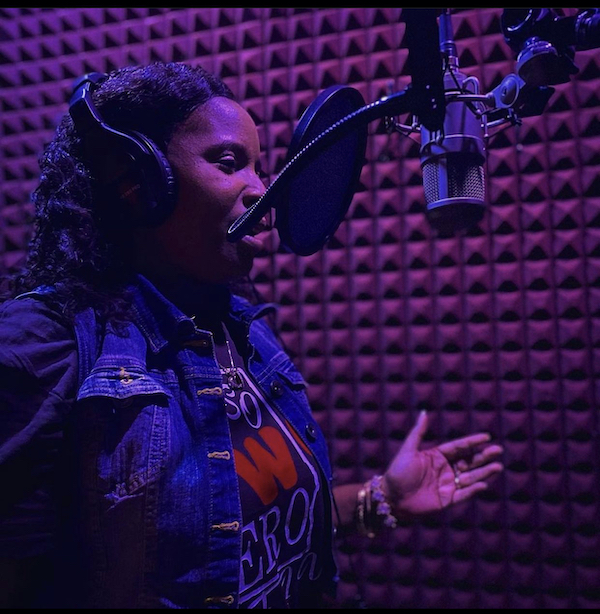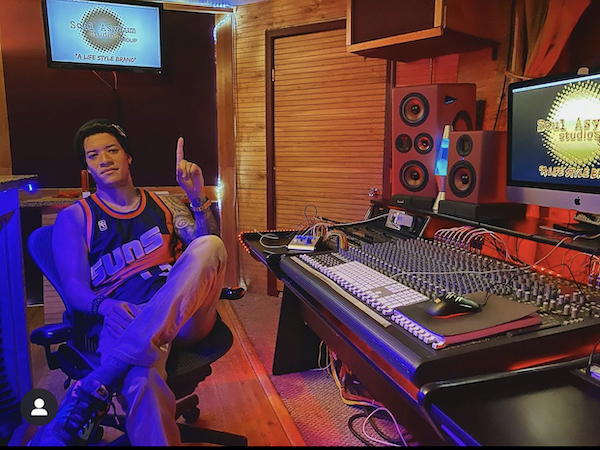Productivity in a studio setting isn’t just about speed. It’s about efficiency, quality, and the ability to bring your creative vision to life without unnecessary delays or distractions.
Doesn’t matter whether you are a seasoned master of music, or stepping into the music world for the first time. All you need to record the best version of your music is proper preparation and a mindful execution.
In this blog, we will discuss how to make your recording studio session a productivity bomb. This comprehensive guide will make sure your next recording session is as productive as possible.
1. Pre-Production Is Non Negotiable:
Before you step into the world of recording music to record your first potential masterpiece. You need to understand a lot of things.
Do your homework!
Pre-production refers to all the work that one needs to do before they step up for recording their piece. This phase eventually includes planning, practicing, song writing, demoing, arranging, and preparing every track beforehand.
In short, you should know about your music and tracks inside out. You should have a vision, a standard of how you want your music to turn out.
Start by crafting a rough demo version at your home, experiment with different instruments, tempo, key, and dynamics. And craft the best, and final version of the music you want to record.
( Also Read More – What to Expect During a Recording Studio Session at Soul Asylum Studios )
2. Set Clear Standards And Goals For Each Recording Session:
Imagine you and your team do not have a clear understanding of what they wish to do in the recording session. Whether you want to record vocals today, mixing a single, tracking drums, or something else.
Hence, you all end up wasting the precious recording studio time, and also your money.
Sounds devastating, right?
However, there is a clear and simple solution to it.
Make Goals! I mean for each recording session.
Write down your session goals, and share them with your producer or sound engineer. This way, your team will have a clarity of what you want, and you all can work more effectively together.
It is better to over prepare than under prepare, and regret later. You’ll notice that top-tier recording studios in Atlanta operate on highly defined schedules.

3. Communicate With Your Sound Engineer:
Sound engineer is the person who sits on the other end, and is responsible for how good, or how lousy your music is recorded. To tackle this problem, you should have a proper discussion about what your vision for the music is, and how you want it to turn out. What are your references, sonic preferences, and expectations, everything.
This will help them understand your view, minimize the chances of making an error, and maximize results.
Make sure to discuss technical details like sample rate, DAW preference, microphone choices, and outboard gear ahead of time. This ensures that the setup is ready before your recording session starts.
Hence, saving your precious time, and eventually money.
Many top studio sound engineers recommend this discussion beforehand. In fact, some Atlanta recording studio locations provide pre-session consultation for exactly this reason.
4. Stay Organized and On Time:
Time is money. So, when you waste time, remember it’s your money.
Make sure you arrive at the right time for recording your music tracks, it is even better if you arrive at the venue beforehand. And do not forget to bring your own set of everything. From instruments, hard drives, lyric sheets, chord charts, headphones, to backup gear if possible.
As being more familiar with the instruments helps you cut the chase. If you’re working with a DAW at home, bounce stems or session files ahead of time. Make sure these technologies are compatible with your chosen studio’s setup.
It is said- if you are well organized, you eliminate guesswork and show respect for everyone’s time.
5. Do Not Chase Perfection:
Perfection is a Myth, and chasing perfection is a rat trap.
You can’t take all the time obsessing over one vocal line, or a guitar solo. There are so many other tracks and things in need of your attention. And sometimes the best takes are the ones that feel the most authentic, even if they’re not flawless.
The next thing you should know is- Know when to move on.
You can’t put all your effort into a single thing, just because it can be perfect. Just trust your instincts and those of your team.
You can always redo, re-record, and edit the parts of your song later on in our recording studios in Atlanta, Georgia. But, don’t let perfectionism stall your progress in the initial recording studio time.
6. Take Strategic Breaks:
Breaks in an interval are important to avoid burnouts during your recording session. Recording for long hours continuously drains all your energy and may also hinder your creativity level.
So, it is preferable to take short breaks to rest your ears and recharge your mind. You can go for a quick walk, coffee breaks, or a moment of silence to regain your creative thoughts.
However, make sure you don’t take long breaks during your recording sessions. Keep your break time purposeful, and time bound.
Remember our goal is to reset the vibe, not to derail the existing one, and your session.
( Read More – How Artists And Producers Prepare For Recording Sessions ? )
7. Take Help from a Music Producer Or A Session Leader:
Doesn’t matter whether you are an independent musician, or a dependent one. Having a producer and a session leader is always a plus point. They can help in dramatically increasing the productivity level of your recording session.
Their main purpose is to keep all the things moving, make creative decisions for you, and serve as a second set of ears. In short, they provide you with a direction to walk on. Hence, leading to reduced mistakes, endless retakes, and indecisions.
I understand that having a music producer or session leader by your side can be expensive. So, what should independent musicians like you do?
If you can’t afford a full-time producer, assign someone from your team to serve as the decision-maker for the day. All they need to take care of is the session remains on track and everything aligns with your vision.

8. Review And Reflect Before Wrapping Up:
Before you call it a day, take your time and review everything that you have done in your recording session so far. Listen to your takes, check your notes, and discuss what went well and what needs modification. Don’t be in a rush, and overlook things.
Make sure, your backups are saved and every other thing is labeled properly. Reflecting on your progress allows you to set better goals for the next session.
( Read More – What to Look for in Recording Studios in Atlanta: 7 Key Considerations )
Conclusion:
A productive recording studio session isn’t the result of luck. Rather, it’s the outcome of preparation, communication, and smart decision-making.
In this blog, we discussed how you can make your recording sessions more productive. Especially, when you are stepping into the recording studio for the first time.
If you are someone who’s facing difficulties in finding the best recording studio in Atlanta, Don’t worry, we are here to help you out. Connect with our expert and if you have queries, we are just a call away. Moreover, Atlanta Dance Studio is for all, with excellent facilities and with perfect ambiance.

